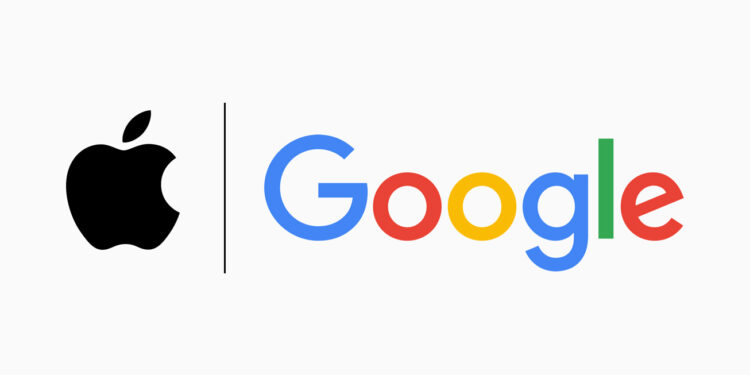Apple is one of the most innovative technology companies in the world, known for products such as the iPhone and services such as Apple Music and iCloud. But in an area that is central to everyday digital life - search engine technology - Apple is holding back. Eddy Cue, Senior Vice President of Services at Apple, has now explained the reasons for this in a US federal court. His explanation sheds an interesting light on Apple's strategy and priorities.
You may have also wondered why Apple, a company with immense influence and resources, has not yet developed its own search engine. After all, it seems logical that Apple could better bind its users and focus even more on data protection with its own solution. But the reality is more complicated. Eddy Cue has in an official opinion made it clear why the company is not pursuing this idea (via Reuters). The details are revealing and show why Apple is setting different priorities.
Apple's reasons against its own search engine
Eddy Cue gave several reasons why Apple does not develop its own search engine. These can be divided into four main areas:
High costs and time expenditure
Developing a search engine is an enormously complex undertaking. According to Cue, such a project would cost Apple "billions of dollars" and take "many years." However, these funds and human resources are urgently needed in other growth areas that the company is currently focusing on. For example, Apple is investing heavily in artificial intelligence, augmented reality and the expansion of its service offerings.
A dynamic market with high risk
The search engine market is increasingly shaped by technological innovations, particularly advances in artificial intelligence. It would be economically risky for Apple to enter a market that is changing so quickly. In addition, established players such as Google and Microsoft, who have invested heavily in this area and are far ahead technologically, already dominate.
Data protection as top priority
Apple places great importance on protecting the privacy of its users. To be successful in the search engine business, the company would have to sell targeted advertising - a business model that does not fit with Apple's core values. Eddy Cue explained that this would "run counter to the company's long-standing privacy commitments." Apple would not only abandon its philosophy but also potentially jeopardize user trust.
Lack of skilled workers and infrastructure
Another obstacle is the lack of expertise and infrastructure. According to Cue, Apple does not have enough "specialized talent" or the necessary operational structure to successfully build and run a search engine business. Building these resources would be an immense challenge and would require significant time and investment.
The partnership with Google as a pragmatic solution
Apple and Google have had a close working relationship for years. Google is the default search engine on Apple devices, and this partnership brings Apple significant financial benefits. In 2022, Google paid Apple around $20 billion for this agreement. This amount allows Apple to focus on its core areas while Google provides the search function. If the partnership is affected by legal decisions, Cue said this could have a significant impact on Apple's ability to continue to offer products and services that are optimally tailored to users' needs.
Eddy Cue: Privacy and economic efficiency at the heart of the decision
Eddy Cue has made it clear why Apple does not want to develop its own search engine. The reasons are primarily economic and strategic, but privacy protection also plays a key role. Apple is staying true to its line and is committed to investing in areas that will strengthen the company in the long term and offer users the greatest added value. The partnership with Google is an important building block for Apple to focus on innovation and user-friendliness without getting bogged down in a risky market. Whether this strategy will continue in the future depends on many factors - including legal developments. For users, this means for the time being: Apple is sticking to its clear direction and leaving search engine technology to the specialists. (Image: Apple / Google)
- Tim Cook: Why Apple is not planning to charge for AI services
- Apple criticizes Meta over interoperability demands in the EU
- Apple and NVIDIA are working on faster LLM performance





